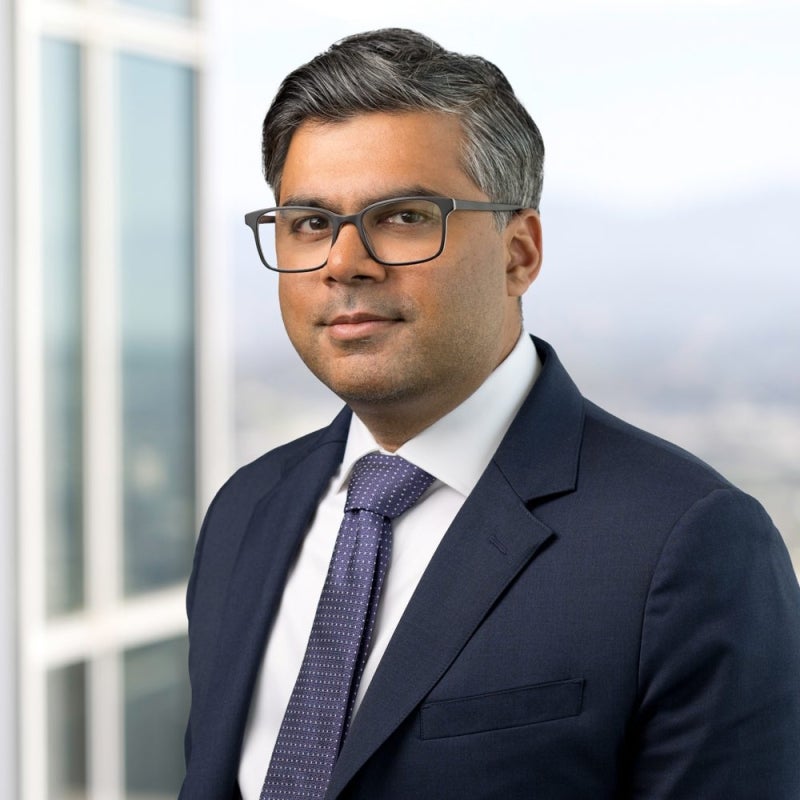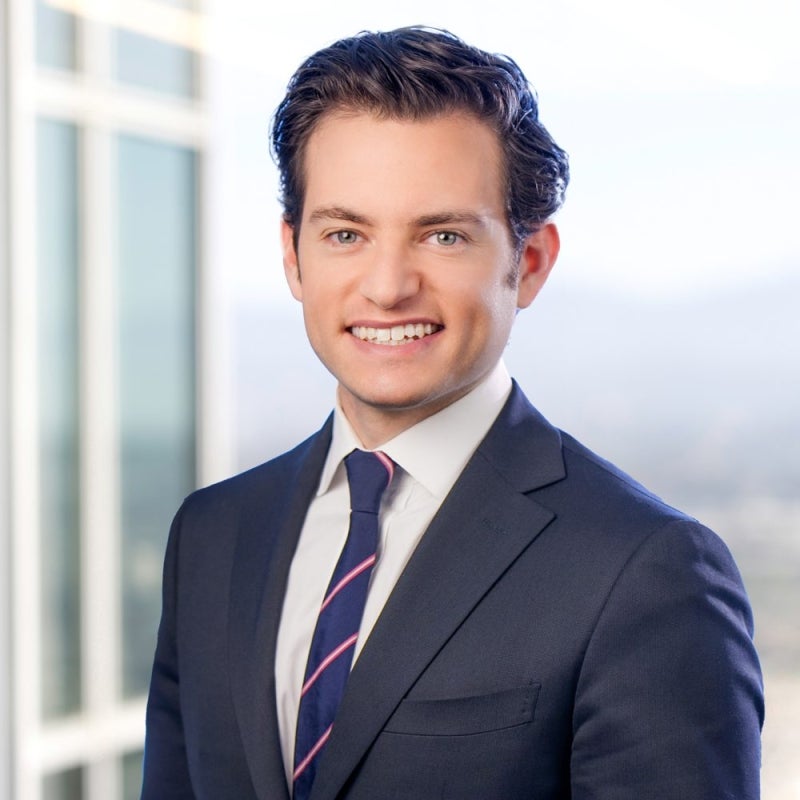Munger, Tolles & Olson litigates high-stakes antitrust disputes in courtrooms across the country. Our antitrust lawyers are trial lawyers who are as comfortable in the courtroom as they are advocating before regulators. MTO’s experience litigating the most novel antitrust issues enables us to counsel a broad spectrum of clients on critical business decisions.
Antitrust
Trial lawyers for novel antitrust matters.
Antitrust
Overview

Featured achievement.
Landmark Victory Secured in Rail Freight Antitrust Litigation
Munger, Tolles & Olson achieved a landmark summary judgment victory for BNSF Railway Company in one of the most complex, high stakes and long-running antitrust cases in U.S. history.

Experience
Our representations include:
- The Office of the Attorney General of the State of Washington, in successfully challenging the proposed $24.6 billion merger of the Albertsons and Kroger supermarket chains.
- BNSF Railway Company, in winning summary judgement in more than 100 antitrust price-fixing cases coordinated before the U.S. District Court for the District of Columbia in two multi-district proceedings that spanned 18 years of litigation against the nation’s four major rail freight carriers. The plaintiffs, including dozens of large freight shippers, had collectively sought billions of dollars in damages.
- Google:
- as lead appellate counsel in lawsuits filed by the U.S. Department of Justice and 49 states alleging antitrust violations in connection with Google’s search engine.
- in leading their defense of multi-district litigation involving a series of novel antitrust claims challenging Google’s business practices and business model for its Android operating system and the Google Play Store.
- Intel Corporation in antitrust counseling and merger clearance for Intel’s sale of its NAND flash memory businesses to SK Hynix for $9 billion.
- Steves & Sons as an antitrust plaintiff in the first instance a U.S. court permitted divestiture as a remedy in private litigation over a merger that had already closed. A district court jury awarded Steves $36 million in damages and the court ordered rival door manufacturer Jeld-Wen to divest a factory central to its acquisition of CraftMaster. The decision was upheld by the U.S. Court of Appeals for the Fourth Circuit.
- MGM Resorts International in obtaining dismissals of two proposed class actions alleging that multiple hotel casino owners used software to compare rates and charge artificially inflated prices for hotel rooms at casinos on the Las Vegas Strip and in Atlantic City, New Jersey.
- American Express in obtaining a U.S. Supreme Court victory in a lawsuit brought by 17 states and the U.S. Department of Justice alleging that the credit card company’s merchant contracts are anti-competitive. The Court’s ruling established the leading precedent on how the antitrust laws apply to multi-sided platforms.
- Chevron in obtaining dismissal, affirmed by the U.S. Court of Appeals for the Ninth Circuit, of a suit filed by retail gasoline consumers asserting that Chevron and other major domestic oil companies conspired with Russia, Saudi Arabia and other OPEC members to raise prices.
- AbbVie Inc. and Solvay Pharmaceuticals in multi-part antitrust litigation, brought by wholesalers and indirect purchasers alleging “sham litigation” in patent settlements concerning the testosterone treatment AndroGel®. The plaintiffs sought $3 billion in damages, before trebling, and the FTC sought extensive conduct remedies. After more than a decade of litigation, the matter settled on confidential terms.
Key Contacts
See Full Team
Partner

Partner

News & Insights
Firm Accolade
MTO Receives Law360’s 2025 Competition Practice Group of the Year Award

More Capabilities
Practices